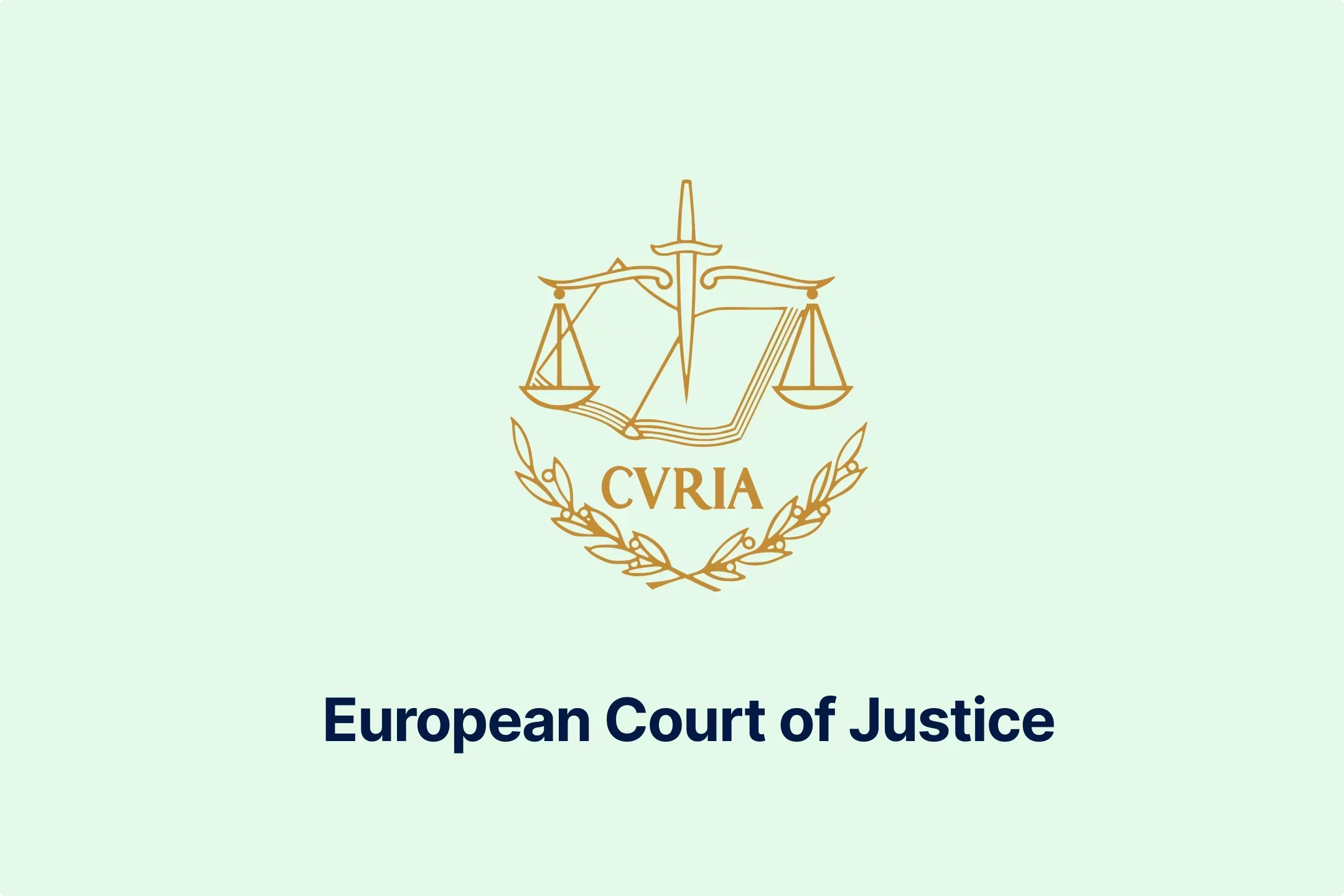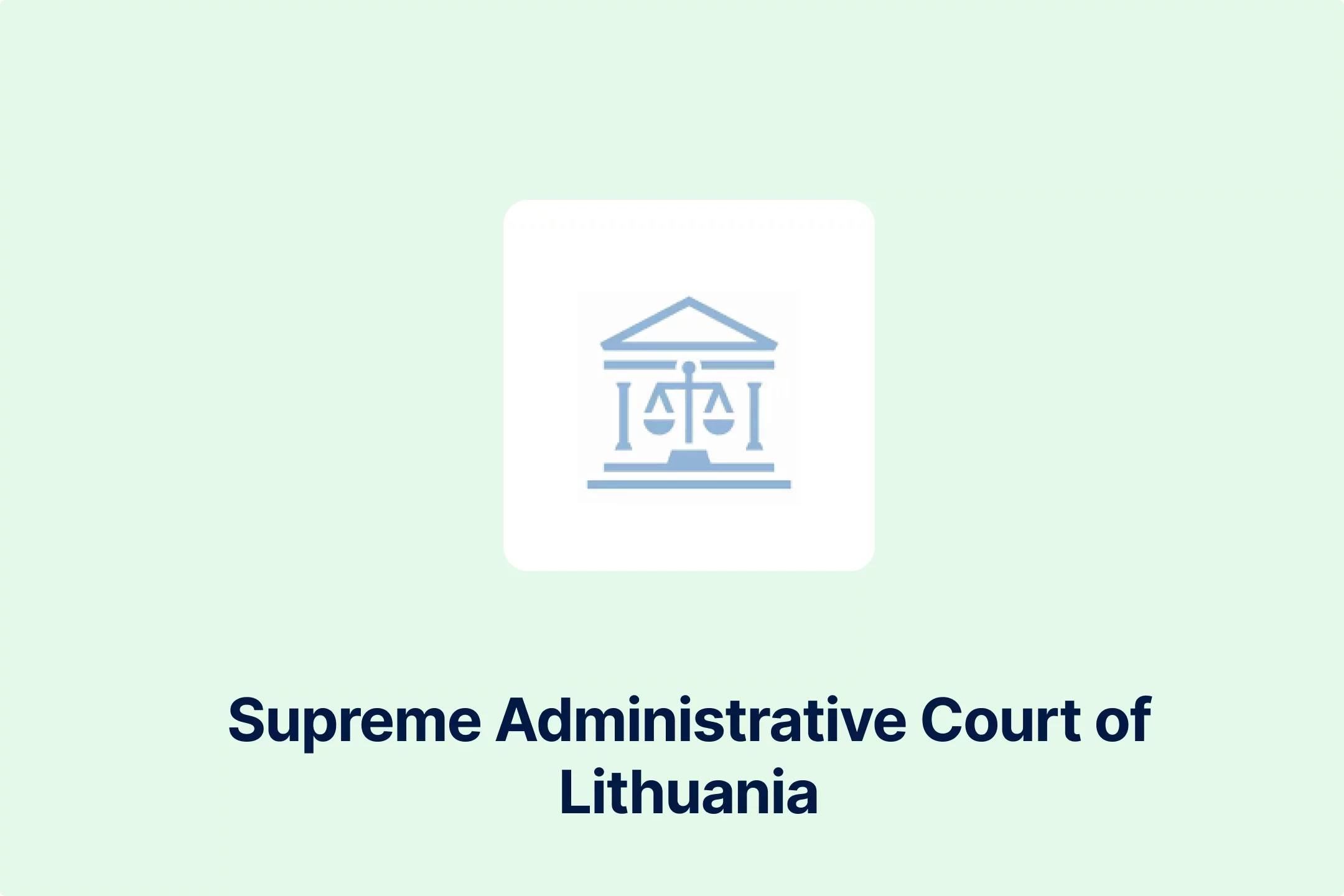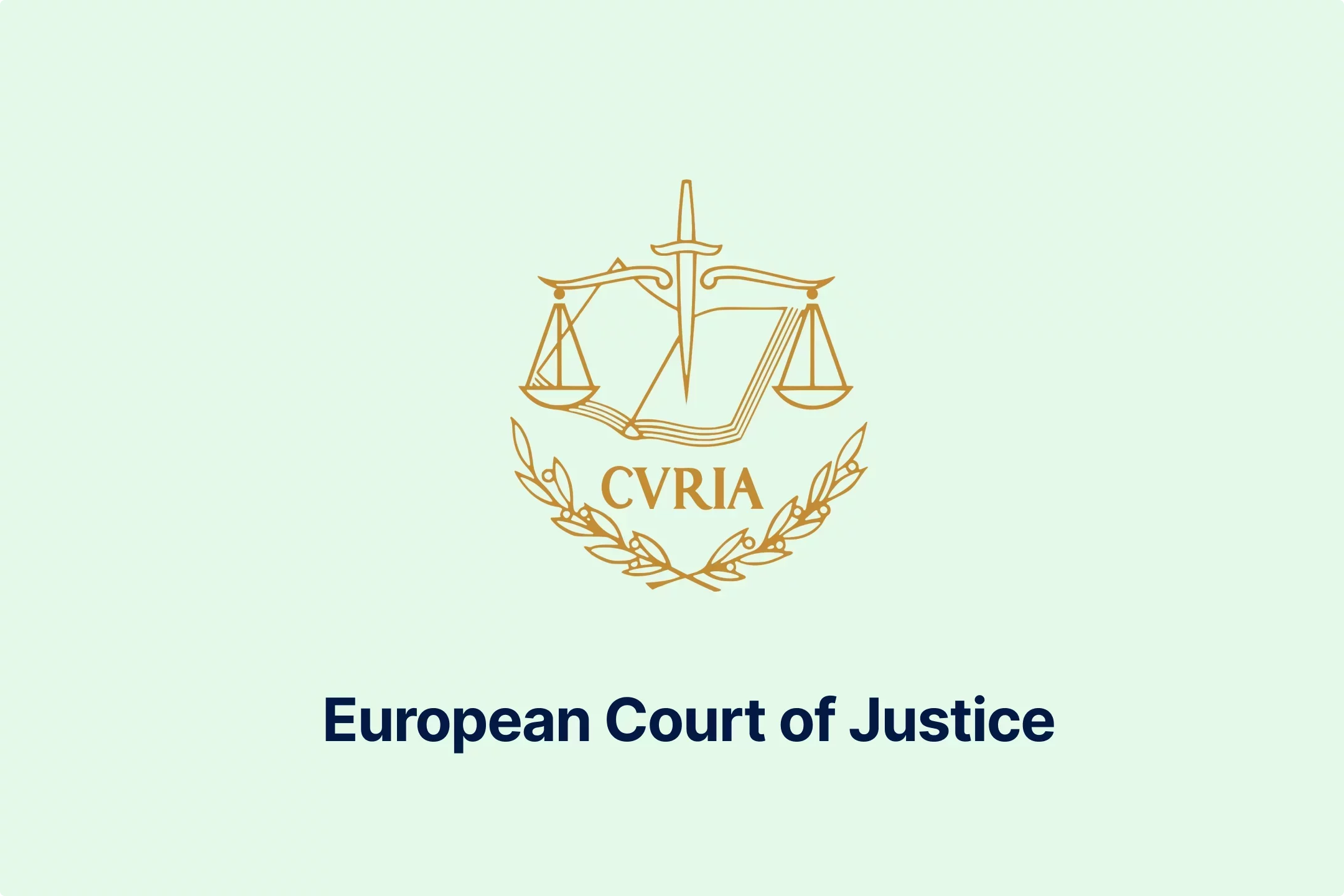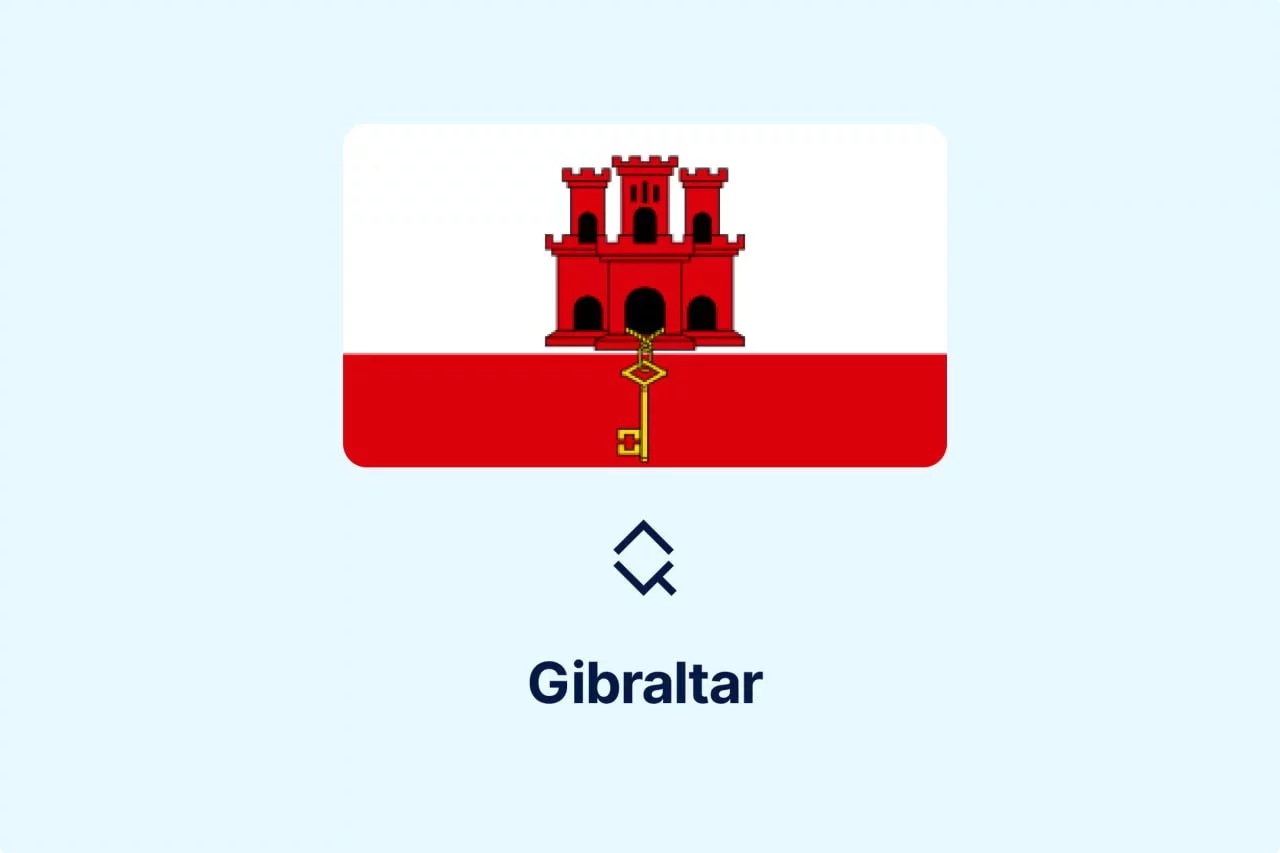EU Digital Services Act Guide: Rules for Online Platforms in 2024
.png)
The Digital Services Act passed in 2022 and enacted in February 2024, is a transformative regulatory framework in the European Union (EU) that aims to establish a safe and more transparent online environment. The DSA modernizes the previously established rules by addressing challenges in the rapidly evolving digital age.
The DSA sets rules for online intermediaries and platforms to protect EU customers and users while promoting accountability among service providers.
This article will provide essential information on the Digital Service Act (DSA), its coverage, the requirements digital service providers must comply with, and how this impacts businesses operating in the EU market and EU users.
What is the Digital Services Act?
The DSA's primary goals are safeguarding fundamental rights, combatting illegal content, and securing transparency in the digital world. Protecting vulnerable groups such as minors and reducing the space for disinformation are also integral reasons for implementing the DSA rules and regulations.
It targets intermediaries such as online marketplaces, social media platforms, and similar entities and introduces an important distinction between general online platforms and very large online platforms.
The DSA is implemented on the EU level, meaning that digital service providers within its scope will face the same rules in all EU Member States. However, some aspects of its application can be regulated nationally.
For example, although the DSA sets rules for detecting and removing illegal content, it does not state what “illegal content” means. What constitutes illegal content depends on other EU regulations and the national laws of EU Member States.
EU DSA Scope and Applicability
All online digital service providers offering intermediary services to EU users, regardless of location, are subject to DSA. Regarding the DSA, intermediary services refer to specific categories of services that facilitate the transmission, capture, or storage of information provided by EU users. This includes hosting providers, search engines, platforms like app stores, social networks, and messaging apps.
In addition, the DSA has a special rule for very large online platforms (VLOPs) and online search engines (VLOSEs). If platforms or search engines are used by more than 10% of 450 million EU consumers, or more precisely, have an average monthly EU user number above 45 million, they are considered VLOPS or VLOSEs.
Up to this point, the European Commission has identified and assigned the role of VLOPS or VLOSEs to 20 digital service providers, including AliExpress, Amazon, Apple, Google, Booking, Shein, LinkedIn, Meta, and Zalando.
Interestingly, the European Commission highlighted that Google Search, Google Play, Google Maps, Google Shopping, and YouTube all fall under the scope of the DSA. A similar situation is with Meta's Facebook and Instagram. By doing this, the European Commission puts emphasis not on the whole company but on specific platforms that fall under the scope of DSA.
The DSA also defines some exemptions under which small and micro enterprises are excluded from certain regulations.
Key Obligations for Digital Service Providers Under DSA
All online platforms, except those with less than 50 employees and whose annual turnover is below EUR 10 million, which are considered small platforms, must implement systems to detect and remove illegal content efficiently. This includes developing and implementing mechanisms and tools for EU users to report such content and cooperating with trusted flaggers for expedited action.
These trusted flaggers are special entities under the DSA, developed by the National Digital Services Coordinators. They are experts responsible for detecting potentially illegal content online and notifying the online platforms. The illegal content may refer to hate speech, abuse of children's rights, promotion of gender-based violence, or terrorist content.
Furthermore, the platforms must provide transparency regarding the targeted advertisements, including revealing the criteria for ad placements and avoiding sensitive data. This sensitive data may include any political views or sexual orientation that is used for targeting purposes.
Finally, in-scope digital platforms must define terms and conditions to explain clearly how the content recommendation algorithms operate.
Once the European Commission designs a role for VLOPs and VLOSEs, online platforms have only four months to ensure all mechanisms are in place and comply with DSA rules and regulations.
Impact on Businesses and Users
The DSA should significantly shift the operational responsibilities of digital service providers. Digital platforms may encounter additional costs to meet compliance requirements, such as updating and adjusting terms and conditions and developing and creating user-friendly reporting tools. In addition, administrative and reporting burdens are much higher now for digital platforms, especially with yearly audits by an independent auditor.
For EU users, the DSA should contribute to greater control over personal data, clarity on content moderation decisions, and the ability to request the removal of unfair practices. Additionally, a safer, more transparent e-commerce and social media space should be developed to protect and secure data provided by EU users to these platforms.
Steps to Ensure Compliance
Under the DSA, online platforms must share data with the European Commission and national authorities. To meet this requirement, enlisted platforms must establish internal compliance policies to ensure smooth communication and transfer of required data.
To comply with illegal content rules, the platforms should develop robust moderation policies and integrate trusted flaggers mechanisms. Training staff on compliance obligations and engaging experts to navigate the regulation’s complexities are essential.
Finally, businesses can consult guidelines issued by the European Commission and the European Board for Digital Services to help them comply with DSA.
Non-compliance with DSA EU-wide rules could result in penalties of up to 6% of the digital service provider's annual worldwide turnover. In some extreme cases, the platforms could even be temporarily suspended.
Conclusion
The adoption and implementation of the DSA represent a critical milestone in the EU's efforts to regulate and govern digital services. Thus, they confirm that the European Commission wants to balance user rights, market innovation, and accountability.
The DSA regulates online platforms and holds them responsible for creating a safer, fairer, and more transparent online environment for EU users. Although businesses may encounter operational and compliance challenges, the DSA also offers an opportunity for them to build user trust and credibility.
Source: Digital Services Act Directive 2022/2065, European Commission - Questions and answers on the Digital Services Act, European Commission - e-Commerce Directive, EUR-Lex - Digital Services Act, European Commission - DSA: Very large online platforms and search engines, European Commission - List of designated VLOPS and VLOSEs

Featured Insights

Burkina Faso FEC E-Invoicing Mandatory July 2026
🕝 February 24, 2026More News from Europe
Get real-time updates and developments from around the world, keeping you informed and prepared.
-e9lcpxl5nq.webp)





-ulcnia30z1.webp)



-3rcczziozt.webp)

-rvskhoqpms.webp)




-a5mkrjbira.webp)

-ivkzc1pwr4.webp)




-hssrwb5osg.webp)



-c06xa1wopr.webp)









-webajrr4ny.webp)
-evibmwdwcn.webp)
-7acdre0hop.webp)

-lcgcyghaer.webp)
-ol6mdkdowg.webp)
-aqdwtmzhkd.webp)

-njgdvdxe2u.webp)



-i6rki3jbad.webp)
-hdwgtama05.webp)

-atbhy5fyxv.webp)






-zp2n6zixoa.webp)
-oa1ynbm4sn.webp)


-lltkno6txy.webp)



-do38odrqnq.webp)

-t409oldqzt.webp)

-hordopb6xh.webp)

-ooimnrbete.webp)

-lwb5qpsily.webp)


-eumafizrhm.webp)

-mtqp3va9gb.webp)

-3ewrn1yvfa.webp)
-591j35flz2.webp)

-huj3cam1de.webp)


-hafis0ii23.webp)

-qseaw5zmcy.webp)



-qzsah2ifqx.webp)


-69rzooghib.webp)
-wrvng98m0g.webp)


-psucycuxh2.webp)
-klyo8bn5lc.webp)




-6wv5h5eyyd.webp)
-tfgg78rbid.webp)
-a6jpv9ny8v.webp)
-qhdbapy0qr.webp)


-owvu7zoc13.webp)


-h28jrh1ukm.webp)

-wl9bl1rw3a.webp)

-2w76jtvtuk.webp)

-c0uvrmrq9j.webp)



-pofe7ucwz3.webp)



-5cc23ezxyf.webp)
-rrmabbekeb.webp)








-iyyeiabtaf.webp)
-c8rbjkcs01.webp)
-nilkffjhah.webp)

-hikakq55ae.webp)

-z1d60bldtg.webp)
-d1a0q6n7mp.webp)
-viip8nvoeh.webp)
-bvv1otliox.webp)



-de8hdb1bn3.webp)
-7xsxxoypnx.webp)

-cm0opezg73.webp)
-0tovsdupmi.webp)
-subxdamdj6.webp)


-gly6ablwnh.webp)
-gkduqhwbzh.webp)
-qpe1ld9vcj.webp)
-8noukwsmba.webp)
-aka29tuhkt.webp)


-fisvs27yrp.webp)


-mp0jakanyb.webp)

-aivzsuryuq.webp)



-o7f4ogsy06.webp)

-zjja92wdje.webp)
-hrbhdts8ry.webp)
-qtdkwpgkug.webp)


-cf8ccgah0p.webp)
-0em3cif5s6.webp)






-ptzesl0kij.webp)

-tfzv42pyms.webp)







-uodv7sfbih.webp)
-bbrdfmm9qf.webp)



-m2tl8crfqr.webp)




-1awbqjgpjs.webp)
-avbjsn1k1g.webp)


-0h8ohkx6s0.webp)



-wfmqhtc7i6.webp)
-7wljbof2zo.webp)

-eqt97uyekl.webp)
-wzw9mcf563.webp)

-z4oxr6i0zd.webp)




-l0zcrrzvhb.webp)
-fhtic1pwml.webp)

-iipdguuz9p.webp)
-nkhhwrnggm.webp)
-pltqwerr3w.webp)

-nn6mtfbneq.webp)

-tmnklelfku.webp)



-8z1msbdibu.webp)
-7g16lgggrv.webp)



-lxcwgtzitc.webp)
-9mc55kqwtx.webp)


-xla7j3cxwz.webp)
-jrdryw2eil.webp)






-t9qr49xs2u.webp)


-qjopq5jplv.webp)



-vune1zdqex.webp)

-qsozqjwle2.webp)
-rgjta7iwiv.webp)

-zb6bxxws47.webp)
-lyfjzw4okp.webp)

-ogpfmol5m1.png)


-czisebympl.png)

-zetvivc79v.png)
-ud7ylvkade.png)
-qizq6w2v5z.png)







-ihr6b4mpo1.webp)
-k1j4au0ph6.webp)
-swxxcatugi.webp)


-ig9tutqopw.webp)

-tauoa6ziym.webp)

-spr0wydvvg.webp)

-xfuognajem.webp)





-u2nv5luoqc.webp)








-opuxpan2iu.webp)




-kwttsfd8ow.webp)
-8u14qi10nj.webp)

-wjpr96aq5g.webp)

.png)

.png)


.png)


.png)



.png)
.png)
.png)
.png)

.png)
.png)




.png)
.png)




































































































































